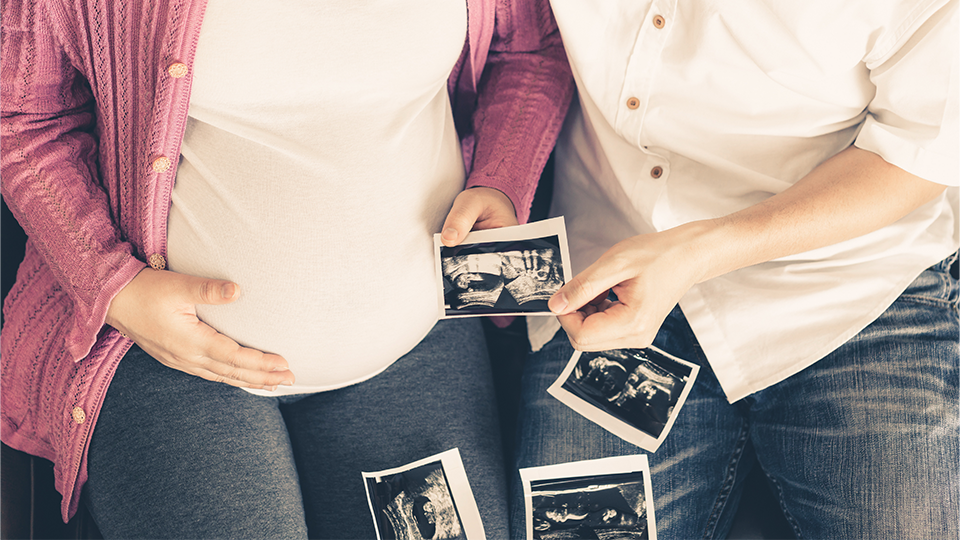Pregnant women are missing vital nutrients crucial for them and their babies
Published: 15 Dec 2023

Copyright: pitinan
Pregnant women are not receiving the essential nutrients that they themselves and their babies need from modern diets, warned scientists from the Yong Loo Lin School of Medicine, National University of Singapore (NUS Medicine), the Agency for Science, Technology and Research (A*STAR), the National University Hospital (NUH), University of Southampton, its National Institute for Health and Care Research (NIHR) Biomedical Research Centre, and the University of Auckland.
The team surveyed more than 1,700 women from the United Kingdom, Singapore and New Zealand, between 18 and 38 years old before conception and followed many of these women during the ensuing pregnancy.
The results showed that nine out of ten women had marginal or low levels of folate, riboflavin, vitamins B12 and D around the time of conception, and many had developed B6 deficiency in late pregnancy.
Several of these essential nutrients are abundantly found in meat and dairy products, components which are crucial for foetal development in the womb.
The study was the first to show that supplements, available over the counter, can reduce vitamin insufficiencies during the preconception, pregnancy and lactational periods. Half the women in this study were randomly assigned to receive a standard vitamin supplement while the other half received an enhanced vitamin supplement, starting in preconception and continued throughout pregnancy.
After one month of supplementation and before conception, it was noted that vitamin levels were already substantially higher among participants who were given the enhanced supplements, compared to those who took the standard supplements.
To make up for the lack of vital nutrients, pregnancy supplementation in amounts available in over-the-counter supplements, substantially reduced vitamin deficiency before and during pregnancy. Some of the nutritional benefits were maintained through the lactational period of six months.
The journal paper titled Maternal B-vitamin and vitamin D status before, during, and after pregnancy and the influence of supplementation preconception and during pregnancy: Prespecified secondary analysis of the NiPPeR double-blind randomized controlled trial, was published in PLOS Medicine.
Read the media release here.

